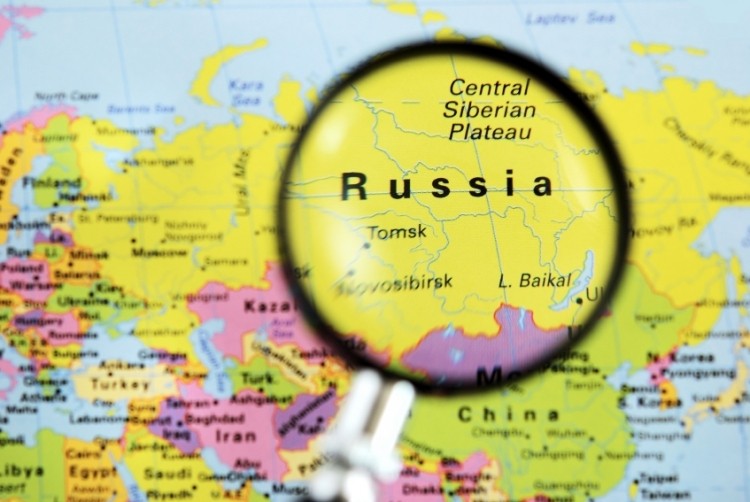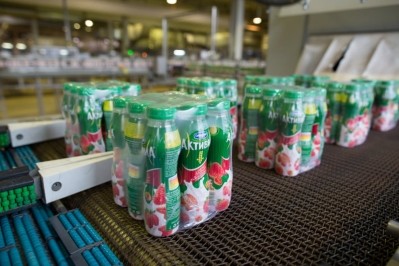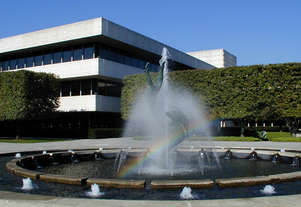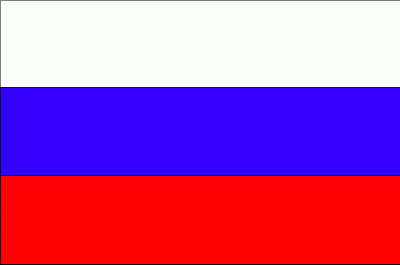PepsiCo and Coca-Cola Hellenic announce Russian beverage plant closures

PepsiCo will close its juice factory in Ramenskoe, near Moscow, to reduce capacity and safeguard its long-term juice future in Russia.
However, Coca-Cola Hellenic Russia says all production volumes from its Nizhny Norgorod site will be transferred to its other sites, in a long-term strategy favoring more modern sites.
Pepsi Co transfers operations to Lebedyansky juice stronghold
PepsiCo Russia said it will close its juice factory in Ramenskoe, near Moscow, to reduce capacity and safeguard its long-term juice future in Russia.
From June 2015, the production of juices will instead be focused in the Lebedyansky plant, which PepsiCo says is one of the largest juice factories in Europe.
The Ramenskoe plant currently produces fruit and vegetable juices, nectars, and juice-containing products. Brands made at the plant include J-7, Lubimiy, 100% Gold Premium, Gold Classic, Zdraivery, J-7 Active, Fruktoviy Sad, and Ya.
A PepsiCo spokesperson said, “The company will keep producing a wide range of juices under popular brands, transferring some of the plant’s operations to Lebedyansky and other plants.
“PepsiCo is committed to ensure the affected people will be treated with full respect of Russia’s labor legislation. Following the closure of the site, some employees will transfer to other locations. Those not transferring will be offered favorable severance packages.”
PepsiCo says the decision will optimize capacity and sustain long-term success in the juice market.
“The changes will allow us to improve efficiency, focus our juice manufacturing facilities in Russia, and strengthen the Lebedyansky factory as a key competence center for juice products in Russia,” the spokesperson added.
Coca-Cola turns to upgraded sites
Coca-Cola Hellenic will shut down its Nizhny Novgorod plant, which currently produces 30 different packs, sizes and flavors of sparkling and ice tea.
The company will continue to operate in Nizhny Novgorod as a sales, distribution and logistics center, maintaining its legal registration there.
A spokesperson told BeverageDaily.com that Coca-Cola Hellenic Russia is favouring its upgraded sites which have more efficient equipment.
“From 2012 to 2014 we have been heavily investing in the modernization of production capacities in Russia, launching 15 new lines - modern, high quality, high-speed equipment,” she said.
“Thus, on the one hand, [we have] the upgraded capacities; competent operation of which will bring us a number of economic benefits.
“On the other hand: the technological, structural and economic inexpedience of further operating two technically old lines in Nizhny Novgorod. This makes it necessary to relocate the volumes produced on these two lines to the neighbor upgraded sites - in Samara, Orel, Moscow, Istra, Rostov.”
The company will move all production volumes from Nizhny Novgorod to other sites, taking into account long-term plans for its growth and development in the region.
“The relocation of production volumes from Nizhny Novgorod to other sites of the company will improve a number of economic indicators of business performance - both at the regional level and at country level,” the spokesperson continued.
“The reduction of production costs, the advanced storage and delivery services, efficient use of the modernized and newly installed lines - these are the parameters that will enhance our competitiveness in the new economic realities.”










